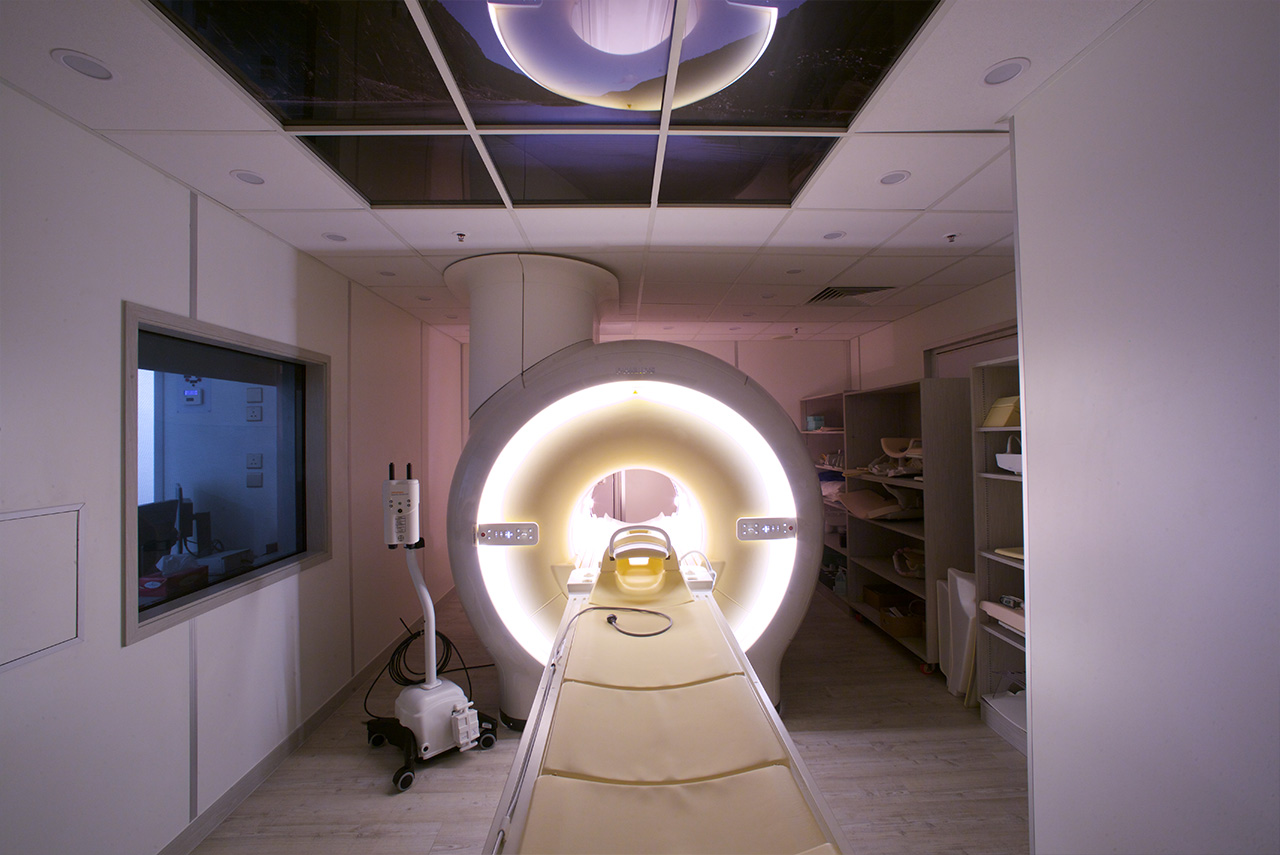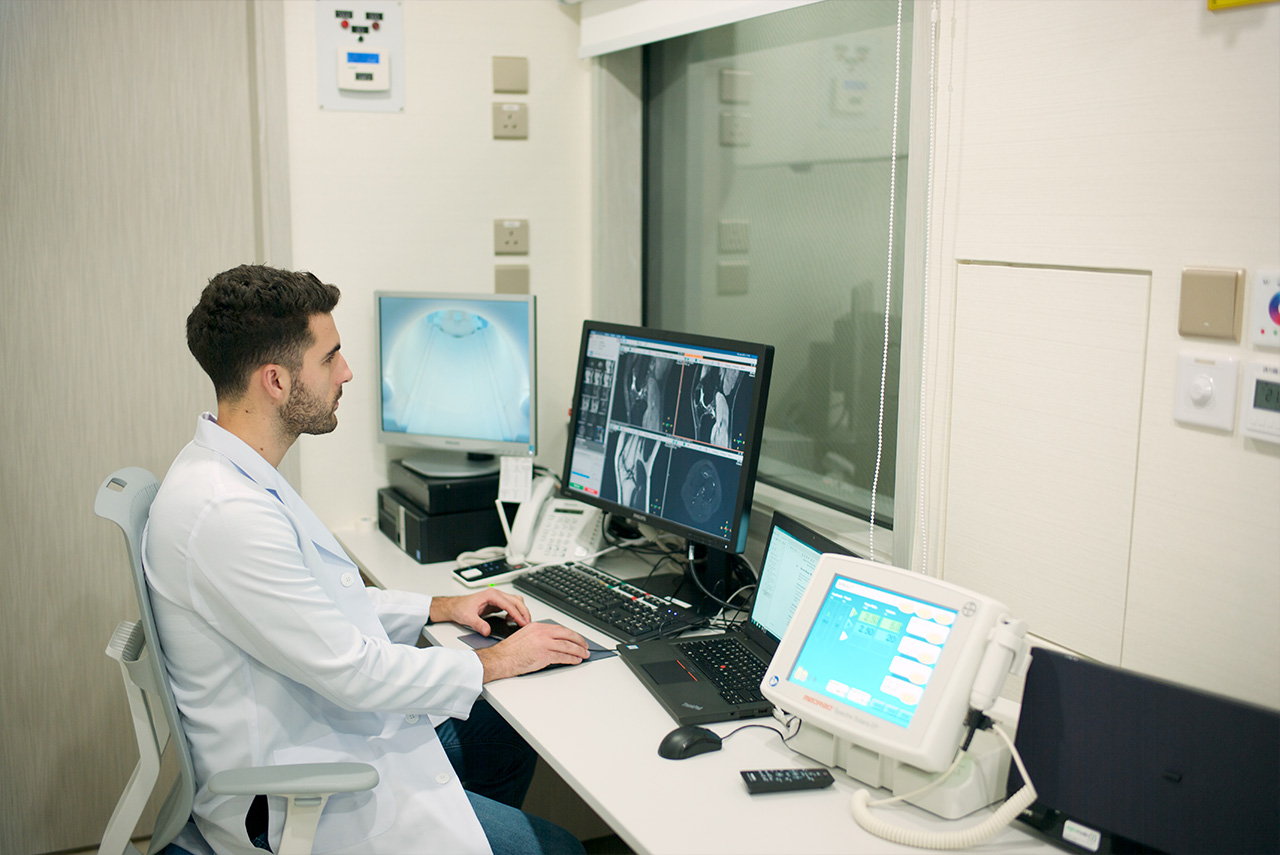When it comes to the HPV vaccine, there are many questions, mostly these questions are about the effectiveness of having the vaccine through different ages and how long they last in the body. In this article, it will be covered, answering these must-needed questions.
How long does the HPV vaccine last?
At this time the average is 10 years. Many studies are still being conducted on whether or not the HPV vaccine can last longer than 10 years and still be just as effective. There are several different types of HPV vaccines, they all depend on the country that the patient is getting it administered in such as Cervarix and Gardasil. Both of these vaccines require patients to have two or three doses, six months apart depending on their age.
Those who are under the age of 15 only need two vaccines as they have better immune systems while those between the ages of 15 to 26 need three doses. While there are still questions and studies for patients who are past the age of 26, the ones that do get the HPV vaccine will also get three doses, six to twelve months apart.
What ages are most prevalent in getting HPV?
There have been numerous studies to conclude when HPV infections are most commonly identified in age groups, one study was tested in populations in Mediterranean countries within Europe. The study concluded that HPV-type infections are commonly higher in young women. The two peaks of HPV infections are between the ages of 14 to 19 years old and again 50 to 54 years old. Lower peaks are commonly through a woman in her 30s, mainly 30 to 39 years old.
Is there an age that is too late for the vaccine?
The HPV vaccine is most effective for males and females when they get the vaccine between the ages of 9 to 26. On average, children receive the vaccine at the ages of 11 and 12, this is due to the less likelihood that they’ve been exposed to sexual activity. Those who are unvaccinated between the ages of 25 to 45 may be able to get the vaccine, however, they will need to talk with their doctor first about it to see if it’s right for them. After the age of 45, it’s not recommended to get the HPV vaccination due to its effects. Studies are still being conducted whether or not it’s safe and effective for those past the age of 45.
Clinical decision making will be needed for patients between the ages of 27 and 45
Those past the age of 26 should be advised that there will be limitations to the vaccination. Those who have had no or few sexual partners will stand the best chance at getting the benefits of the vaccination. The HPV vaccination is also less likely to offer any sort of benefit to those past the age of 26 who have already been infected with the HPV.
While many HPV infections are commonly acquired through young adulthood and adolescence, there is always a risk factor of HPV when getting a new sexual partner. Some people may have medical or behavioral risk factors from the HPV infection. While the vaccine is meant to prevent the infection of HPV before a person has ever been exposed to HPV, it can be ineffective as you age. However, adults from ages 27 to 45 could still benefit from getting vaccinated as it may help in avoiding new risks of HPV infections. The vaccine is safe for ages 27 to 45 overall.
Why do children receive the vaccine at a young age?
The recommended age for boys and girls to get the HPV vaccine is from ages 11 and 12. While children can get it at the age of 9, their immune system isn’t as strong as compared to a preteen. This age is most effective and works best on patients in this age bracket. The vaccine protects against nine different types of HPV strains. The immune system for children this age is very strong, which helps in making the vaccine more effective. The immune response in the vaccine is far better with pre-teens than teenagers or older adults. Teenagers can get the HPV vaccine as well but this is considered late and less effective.
The HPV vaccine is highly recommended as over 80% of the world population will be infected with HPV at one point in their life. HPV can slowly grow within the body and cause warts or cancers. There are no true symptoms of HPV, so anybody unvaccinated can have it without even knowing they do. While the vaccine may only last for 10 years, it helps the body’s immune system fight against the infection each time the body comes in contact with one of the HPV strains. Even if the vaccine is less effective for those who are older, it can still help in fighting off the spread of HPV to others and yourself.
Are booster shots needed after the 10 years of the HPV vaccine?
At this time, studies are still being conducted on whether or not a single dose is needed or if booster shots will be required.




